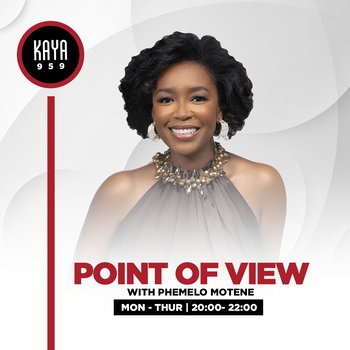
Rishi Sunak faces a very different economy to the the one he left as Chancellor.
Loading player...
As the incoming UK prime minister, Rishi Sunak has the immediate advantage of perceived success in his two years as chancellor.
His tenure ended last July when he resigned due to a difference of opinion with then-prime minister Boris Johnson over the economy. But during his time as chancellor, he is credited with rescuing households and businesses from the effects of the COVID pandemic lockdowns by launching an innovative and impressively timely furlough scheme. He reversed a “small state” approach to become the private sector’s temporary paymaster, spending an unprecedented £70 billion to shorten the recession.
This image of having saved the nation by minimising the loss of national output and employment during the pandemic has outshone the less successful moments of his chancellorship. This includes inadequate fraud-proofing of furlough supports, the coronavirus surge that followed his “eat out to help out” hospitality revival scheme and the discussion of his well-sheltered family finances.
His tenure ended last July when he resigned due to a difference of opinion with then-prime minister Boris Johnson over the economy. But during his time as chancellor, he is credited with rescuing households and businesses from the effects of the COVID pandemic lockdowns by launching an innovative and impressively timely furlough scheme. He reversed a “small state” approach to become the private sector’s temporary paymaster, spending an unprecedented £70 billion to shorten the recession.
This image of having saved the nation by minimising the loss of national output and employment during the pandemic has outshone the less successful moments of his chancellorship. This includes inadequate fraud-proofing of furlough supports, the coronavirus surge that followed his “eat out to help out” hospitality revival scheme and the discussion of his well-sheltered family finances.

